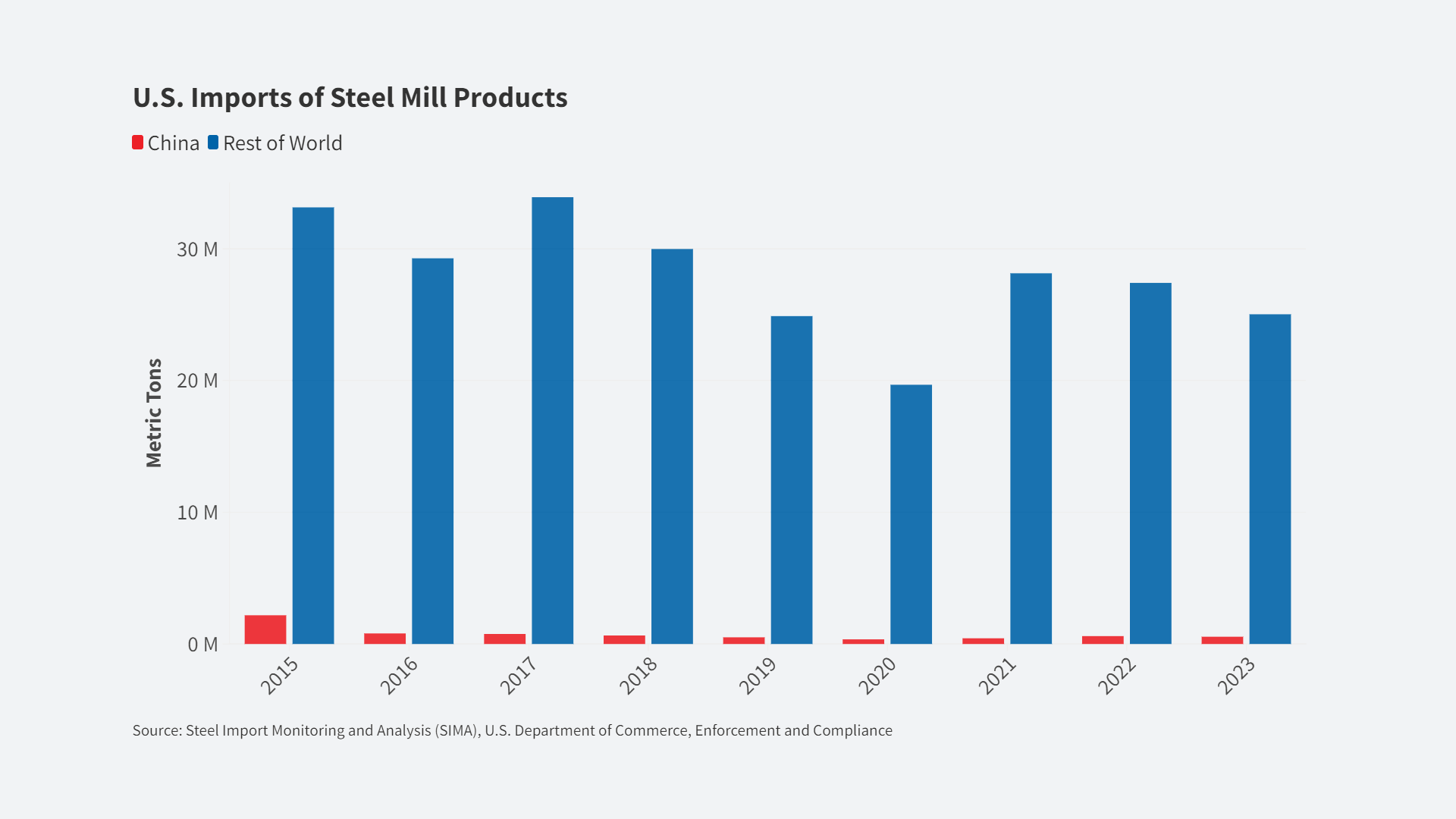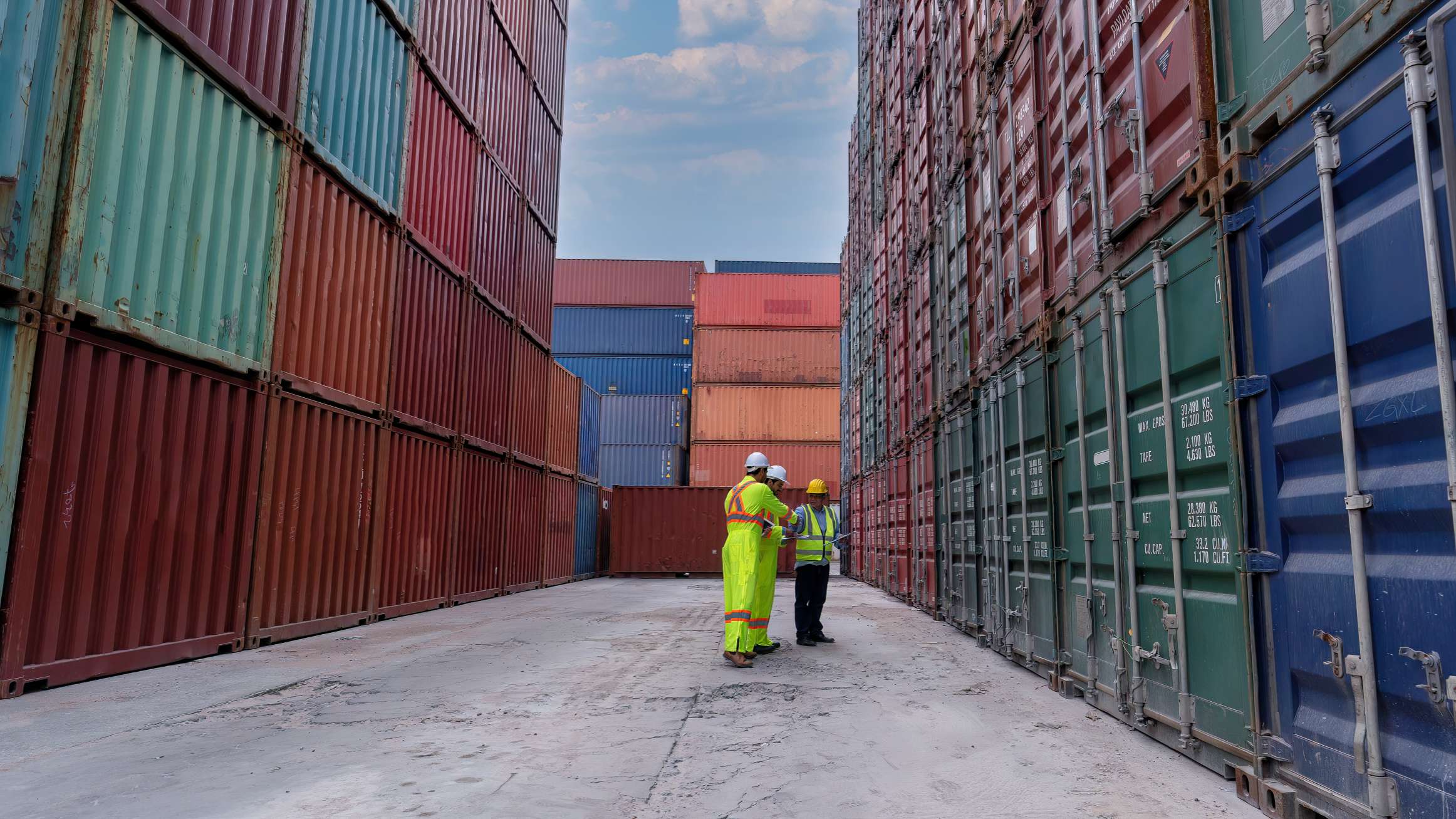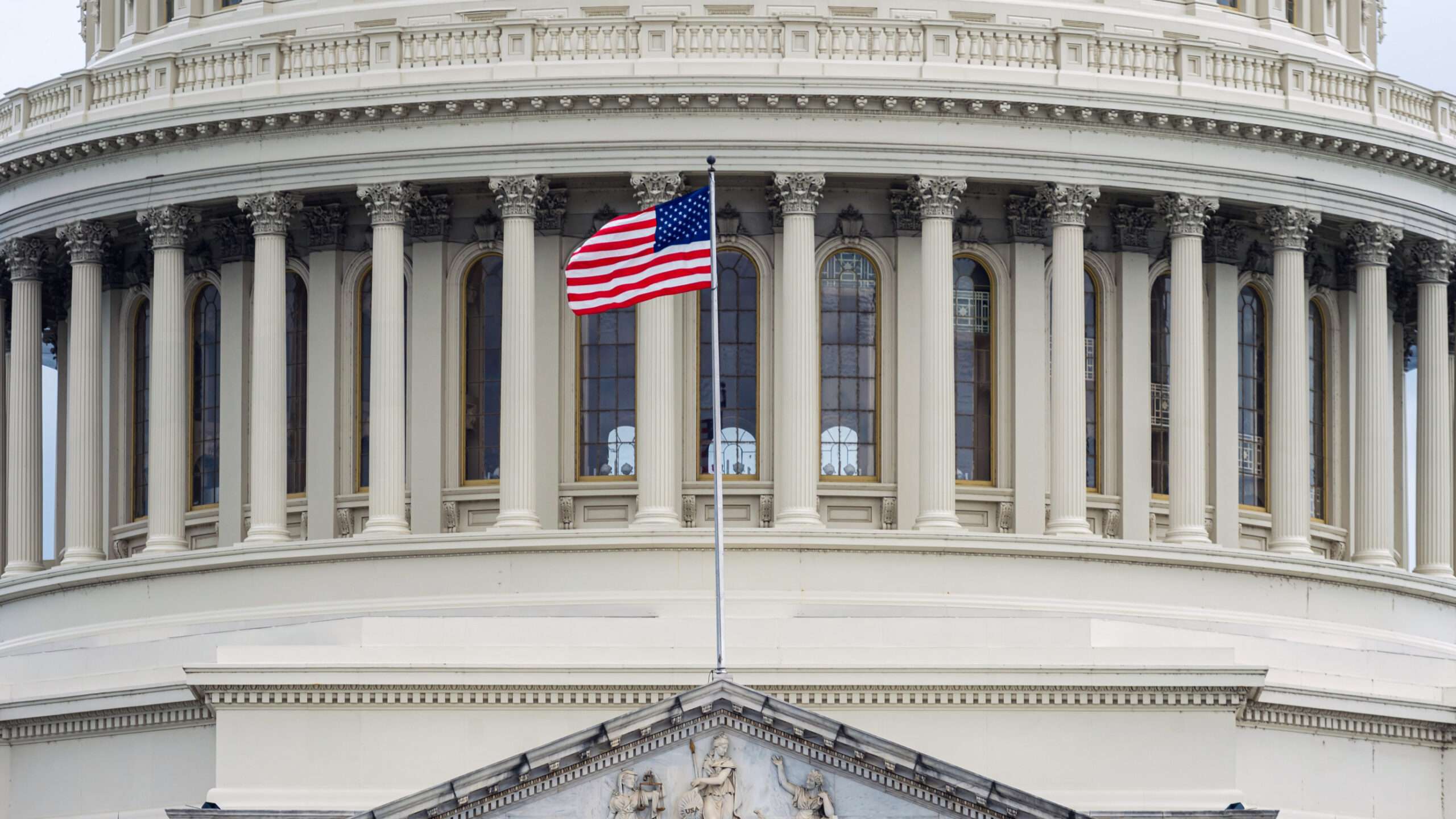
[Jared Bernstein | October 31, 2016 |Washington Post]
Jared Bernstein, a former chief economist to Vice President Biden, is a senior fellow at the Center on Budget and Policy Priorities and author of the new book ‘The Reconnection Agenda: Reuniting Growth and Prosperity.’
This election has elevated issues of international trade to a degree that few expected. To summarize:
- For years, elites of both parties have touted only the benefits of globalization, which are real and important. But they’ve not only ignored the downsides — also real and important — they’ve also dismissed those who raise them as protectionist troglodytes who fail to understand the principle of “comparative advantage.”
- That theory maintains that the economic gains from trade are always worth pursuing as long as the winners’ benefits are large enough to compensate the losers and still get ahead.
- But in the case of the United States, the winners from globalization have failed not only to compensate those hurt by it. They have also taken their winnings and, in our heavily money-driven political system, used them to buy policy changes — tax cuts, less government, deregulation — that further hurt those already hit by trade.
Finally, significant numbers in the electorate have said “enough,” and the candidates are responding by acknowledging the problem. But what can anyone do about the downsides of trade?
Trump’s nostalgia for a 1950s America with minimal trade flows and limited competition for our manufacturers from low-wage producers is deeply seductive to many, I’m sure, but it ain’t happening. That he has not even the hint of a plan (beyond bloviating about unrealistically high tariffs that Congress would never consider) was especially clear in a recent “analysis” of his agenda that simply assumed the trade deficit disappears.
Hillary Clinton’s plan to try to reshape trade deals so that they reflect workers’, consumers’, and environmental concerns instead of those of multinational investors is definitely a step in the right direction, as Lori Wallach and I argue here.
But trade and trade deals are not the same thing. While we must purge our trade deals of corporate capture, that by itself will not reverse the long-term macroeconomic imbalances that have played a major role in generating the negative trade outcomes leading many here and abroad to sour on globalization.
The reason, as presented in a critically important new paper by economist Brad Setser, is that we’re increasingly part of a global economy, and because flows of goods and the money to pay for them have to balance out, when some countries run large and persistent trade surpluses, others must run similarly persistent trade deficits.
In other words, in a global economy, you don’t always get to choose your trade balance. Sometimes, it gets thrust upon you.
This may come as a shock to scolds who think that if only we acquisitive Americans would stop consuming more than we produce, we’d have more balanced trade. Or, in Trump World, if only we kicked some Asian butt, our trade deficit would magically disappear.
Here’s how it works in the real world. All global income must be saved (by households, governments or businesses) or spent (consumed or invested). But what happens when countries save a lot more than they invest or consume? In fact, the global accounts are such that if one country saves more than it spends, another country must do the opposite: consume or invest more than it produces.
Here’s where Setser’s work comes in (and his work is an extensionof analysis by Ben S. Bernanke in 2005, who connected such excess savings to the inflation of the U.S. housing bubble). He shows that a number of East Asian countries (China, South Korea, Taiwan and, to a lesser extent, Japan) are saving, as opposed to consuming, historically large shares of their gross domestic product. Those excess savings don’t just sit in the vaults of these countries; they become trade surpluses to be absorbed by other countries’ trade deficits. Setser notes that the two countries absorbing the bulk of the world’s surplus savings are the United States and the United Kingdom.
Now, perhaps it’s a coincidence that globalization is viewed by many with such antipathy in those two countries right now. But I’d guess it’s no accident, and that as Setser puts it: “The social costs — and therefore also political costs — of relying on the United States and a few other countries as consumers of last resort are increasingly evident.”
Why would these countries oversave while underconsuming and underinvesting? It’s an export-oriented strategy to boost their manufacturing sectors. Simply put, they’re exporting savings and importing the demand for manufactured goods from other countries, notably the United States (note that this is a similar dynamic to the one Sue Houseman described in this column last week).
(If you want what I hope is an intuitive explanation of these global relationships, read Chapter 5 in my book, “The Reconnection Agenda,” especially pages 123-132.)
So if Trumpian barking at these countries won’t reduce their savings gluts such that we can get back some of the product and labor demand (i.e., jobs) we need, what will?
Setser’s discussion of the internal investments these countries need to make is solidly on target: more investment in health care, anti-poverty measures, education, and higher wages, along with less currency manipulation. But other than bug their leaders at the G-20 meetings, how can we get other countries to take this advice and reduce these imbalances?
One idea gets back to the trade deals. These negotiations appear to have largely punted on global macro, instead focusing on investors’ rights, protecting patents and intellectual property. Wallach and I stress that those emphases will fail to garner support for trade from non-elites. Setser adds the critical point that neither will they reduce savings gluts and, in turn, our manufacturing trade deficits.
True, we can’t make other countries balance their external accounts. Setser himself admits: “Real change will only come when East Asian governments conclude that weakness in consumption creates a substantial impediment to growth.” But by putting issues of excess savings back into the trade policy agenda, we would be taking a step in favor of healthier, more equitable globalization.













